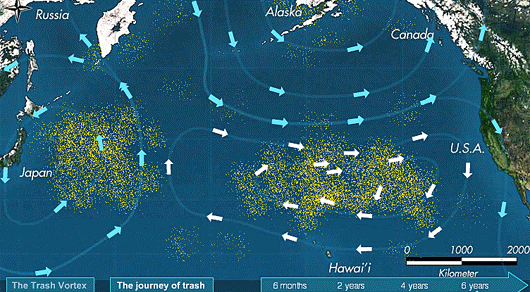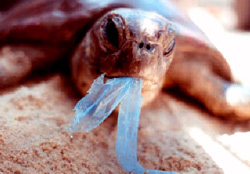 The start of the holiday season, and recent hype about the possibility of lead in reusable grocery bags, has done little to deter lawmakers from moving forward with proposals designed to increase reusable bag use. Here are a few of note:
The start of the holiday season, and recent hype about the possibility of lead in reusable grocery bags, has done little to deter lawmakers from moving forward with proposals designed to increase reusable bag use. Here are a few of note:
Little Rock, Arkansas
Sen. Denny Altes has prefiled a measure for next year’s legislative session that would prohibit larger stores from providing plastic grocery bags to customers. The Reusable Shopping Bag Act, would allow the use of paper bags and would require the sale of reusable grocery bags at stores of more than 10,000 square feet with gross annual sales of $2 million or more. Despite the proposed ban not extending to smaller stores, they too can support the bill by reselling printed reusable bags.











